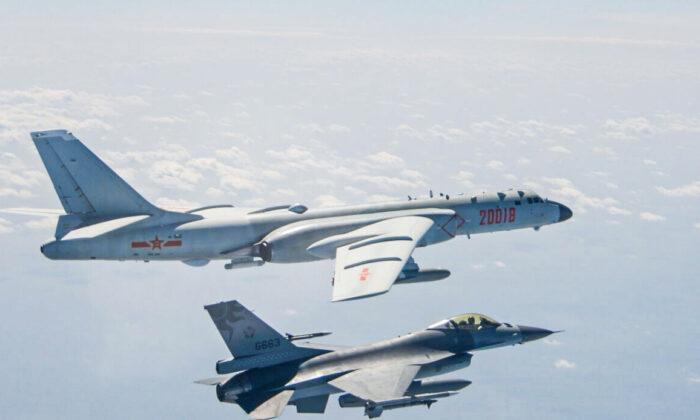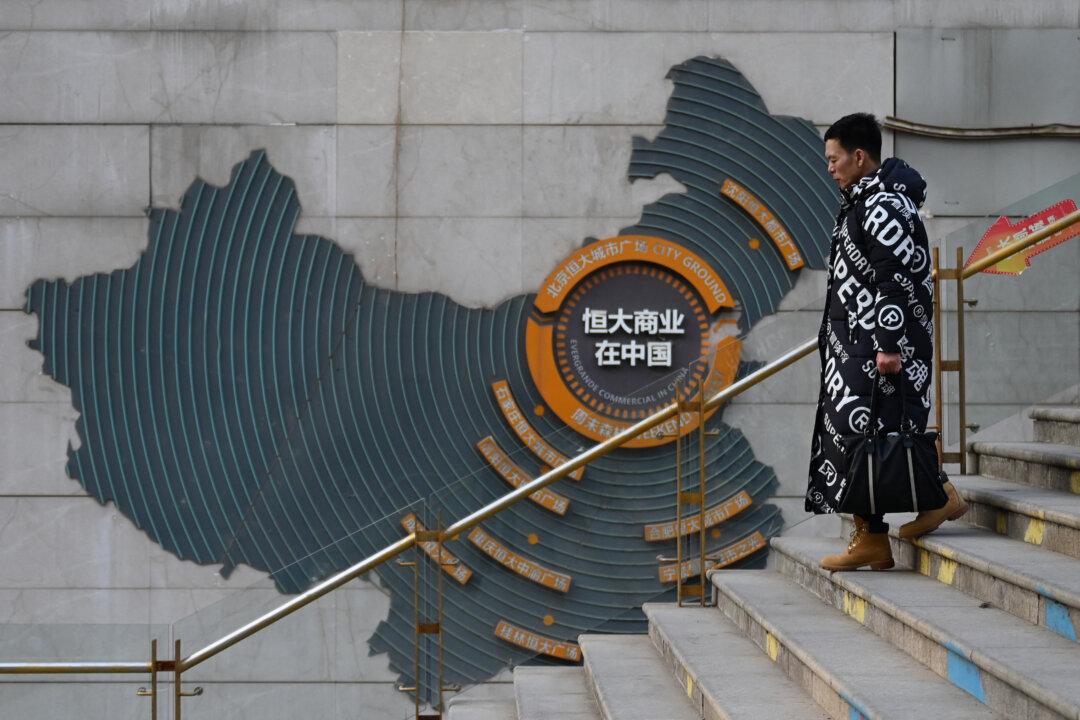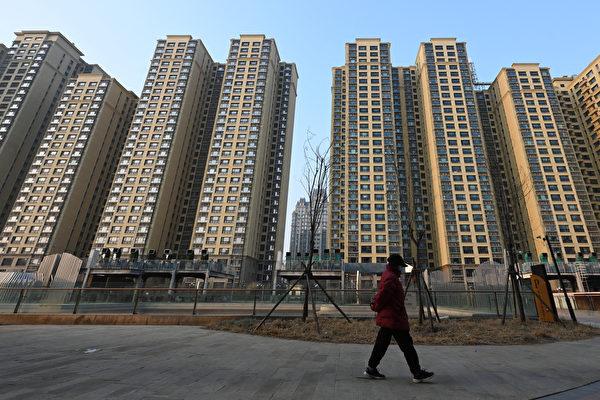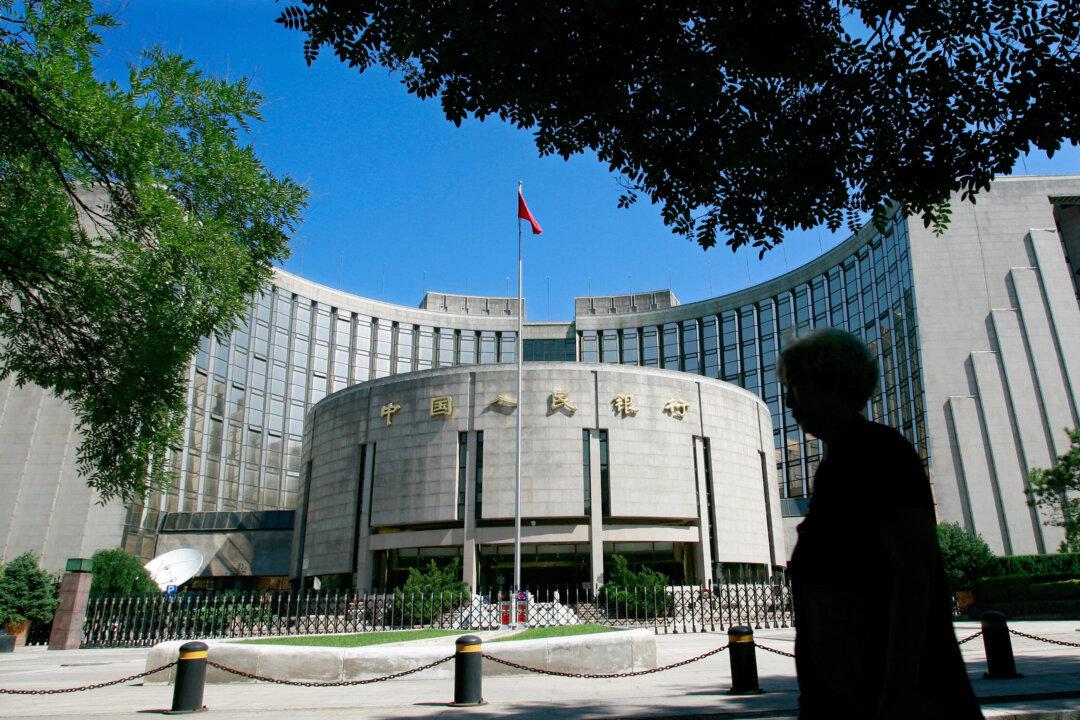Scholars from China’s top university publicly expressed opposition to Beijing’s hawkish pursuit of military expansion and the possible use of military force against Taiwan.
According to Jia, who also serves as a Chinese foreign policy advisor, Beijing’s unfettered pursuit of security will eventually “see the costs outweigh the benefits,” citing the collapse of the Soviet Union as proof.
Jia is a prominent professor and doctoral supervisor at Peking University, China’s top university. He also sits on the Standing Committee of China’s top political advisory body—the Chinese People’s Political Consultative Conference.
Too much emphasis on defense spending could trigger an arms race making all countries involved less secure, Jia wrote in his piece while urging the regime not to repeat the Soviet Union’s mistakes.
In an arms race against the United States, the Soviet Union’s decades of massive defense spending crippled its economy and people’s livelihoods, which led to the federation’s ultimate disintegration in 1991.
“To ignore the comparative nature of security, and blindly pursue [it] absolutely will result in making the country less secure, as it inflicts unbearable costs and fails to achieve absolute security,” Jia wrote.
Jia also cautioned against overemphasis on absolute security regarding supply chains. He pointed out that some within the Chinese Communist Party (CCP) advocate for China to become an entirely self-sustained economy, severing all foreign trade. Jia disagreed with the idea, arguing that doing so would be unrealistic and pose a greater security risk to the country.
“Only by completely cutting off foreign trade and achieving economic independence can you truly make it impossible for other countries to exert pressure,” Jia wrote. “But this would only lower efficiency and make the country lag further behind, making the nation less secure.”
Jia’s piece in the January issue of the bimonthly journal is filled with thinly veiled criticisms against the Chinese regime’s hawkish views. However, Jia has done so without specifying which of Beijing’s policies he disagrees with, only pointing at the vague “people who study security issues.”
He believes that China’s development requires continuous reform and innovation in many sectors, especially the development of science and technology and the improvement of management level, adding that it must open its economy to the world.
Opposition to Invading Taiwan by Force
Another former professor of Peking University, Zheng Yefu, has issued a public statement opposing the use of military force against Taiwan. It was a rare move by a Chinese intellectual to openly challenge Beijing’s policy on the self-ruled island.Zheng, 71, is a Chinese sociologist and now-retired professor of sociology at Peking University.
In a recent statement on Chinese social media, Zheng opposes the regime’s “military reunification” of Taiwan and any military incursion over the Taiwan Strait.
Zheng said he “has to speak up when it comes to serious matters;” otherwise, he is not fulfilling his duty as a scholar. He deemed that not speaking out would mean “collectively accepting” the idea of using force.
According to his statement, threats of violence would only fuel hate and trigger a war with Taiwan, undermining the CCP’s self-proclaimed “peaceful unification” objective. In his words, the CCP will look like a group of thugs and an enemy to the Taiwanese people.
Zheng said that Taiwan has been virtually independent for more than seven decades. And if the conflict develops into a war, Beijing, Washington, and Taipei will find themselves having little room for concessions.
He added that 45 years of separation did not prevent West and East Germany from peacefully unifying.
Zheng’s article subsequently went viral on the internet. However, the authorities have apparently censored the post as it can no longer be forwarded.
On Jan. 24, Zheng told Radio Free Asia that he didn’t want to cause himself more trouble and refused to be interviewed by foreign media or expand on his statement. He hopes the authorities can understand his point of view and not complicate the matter further.






Friends Read Free